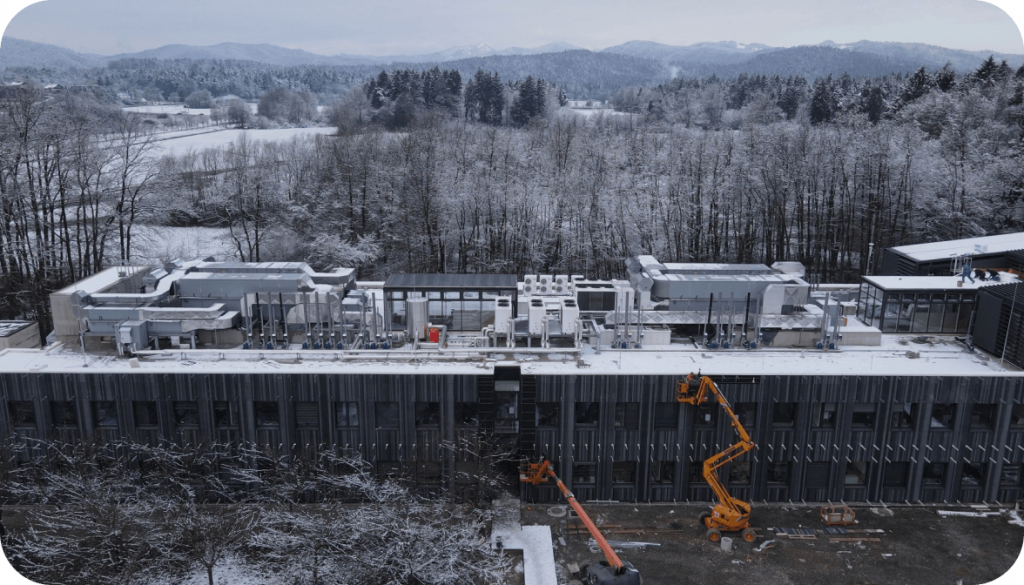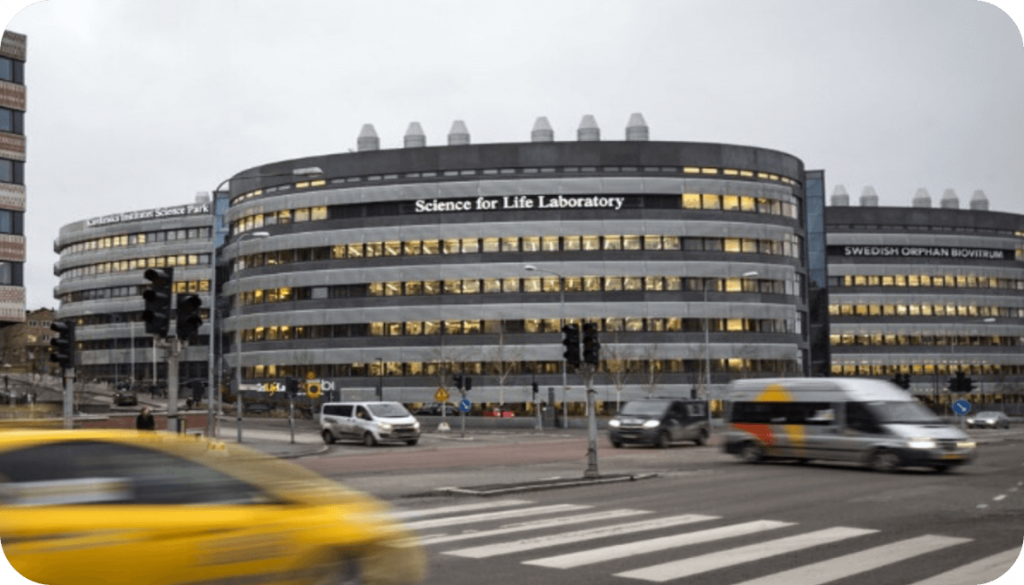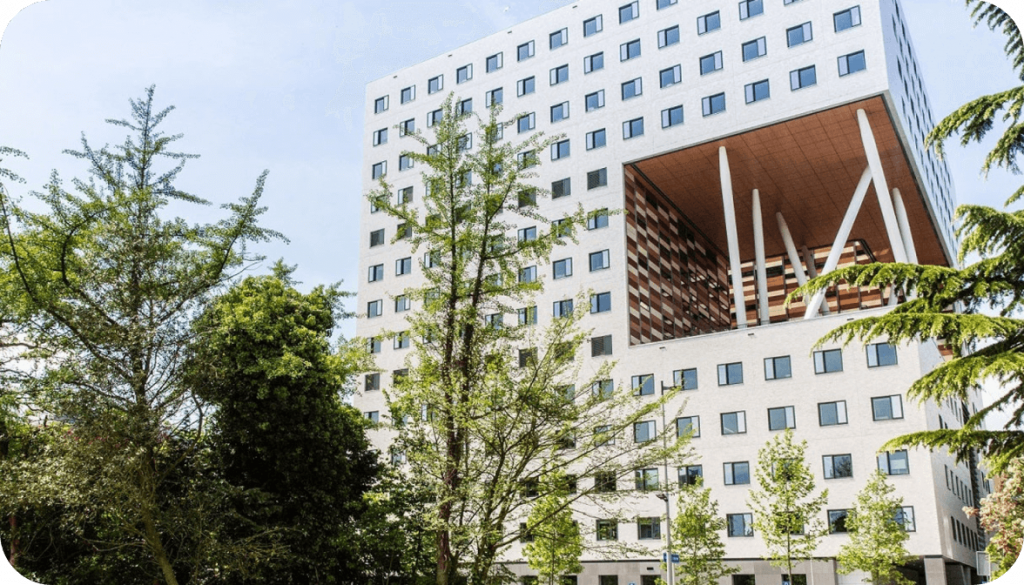Consortium of excellence
CutCancer consortium of excellence consists of National institute of biology – Slovenia, Stockholms Universitet – Sweden, Stichting VU-VUmc – Netherlands, Swansea University – United Kingdom.

Nacionalni Inštitut za biologijo

National Institute of Biology (NIB) is one of the independent Public Research Institution for Life Sciences in Slovenia. The Institute was established by the Government of the Republic of Slovenia in 1960. The basic activity of the Institute has been and continues to be basic, developmental and applicative research in the fields of biotechnology, biophysics, biomedicine and system biology.
Research at the Department of Genetic Toxicology and Cancer Biology focuses on the process of carcinogenesis, the study of damage to the genetic material, and the initiation, development, and treatment of cancer. As part of the research, we are developing advanced cell models that will reduce the number of animal experiments and contribute to a better understanding of cancer.
Stockholms Universitet

The research group of prof. Mats Nilsson and the in situ sequencing unit of the SciLifeLab Spatial Biology platform are hosted by the Department of Biochemistry and Biophysics at Stockholm University Sweden, and located at SciLifeLab. SciLifeLab is a national center for molecular biosciences with focus on health and environmental research. The center combines frontline technical expertise with advanced knowledge of translational medicine and molecular bioscience. SciLifeLab is a national resource hosted by Karolinska Institutet, KTH Royal Institute of Technology, Stockholm University and Uppsala University. Nilsson’s group has developed targeted in situ sequencing which is now offered as a service by the in situ sequencing unit, headed by Dr. Chika Yokota.
Stichting VU Medisch Centrum

VUmc is part of Amsterdam University Medical Centres, an academic hospital covering high quality patient care, education and research.
The department of Molecular Cell Biology and Immunology (MCBI) performs fundamental and preclinical research in the field of Cancer Immunology, Mucosal Immunology, Neuroimmunology, Skin Immunology and Immunodeficiencies and disorders of immune dysregulation.
The group of Dr. Febe van Maldegem focusses on the complex role of the tumour microenvironment in non-small cell lung cancer (NSCLC), crucial for mediating anti-tumour immunity, but more frequently imposing resistance to therapy. Key to her work is the use of highly multiplex technologies, such as Imaging Mass Cytometry with which the tumour microenvironment can be studied in great detail, revealing the activation states as well as the spatial context of the many cells within the tissue.
Our research aims to improve therapeutic options for patients with non-small cell lung cancer by rationalising the design of combination, mindful of the important role for the tumour microenvironment in determining success.
Swansea University

Swansea University’s Faculty of Medicine, Health and Life Science is rated as a top UK provider of health professional and life sciences education, with an international reputation for excellent research and innovation. It has a strong research community which attracts prestigious research funding and exciting PhD students, and are committed to tackling global challenges and improving the health and wellbeing of society.
The In Vitro Toxicology Group which sits within the faculty and is lead by Professor Shareen Doak and Professor Gareth Jenkins focuses on developing a better understanding of carcinogenesis and mechanisms underlying DNA damage. Research within the group has been pivotal in developing standardised safety tests to facilitate nanomaterial risk assessment for human health and has been utilized in numerous international regulatory risk assessment policy documents world-wide to adapt the DNA damage testing methodology so that it is appropriate for evaluating nanomaterials.
To achieve this the group also focusses on the development of advanced in vitro culture systems and mechanism-based bioassays to reduce the need for animal testing.

Discover More About the Project
The overarching aim of CutCancer is to improve the scientific excellence and innovation capacity in the field of 3D in vitro cancer research at the National Institute of Biology, Slovenia.
